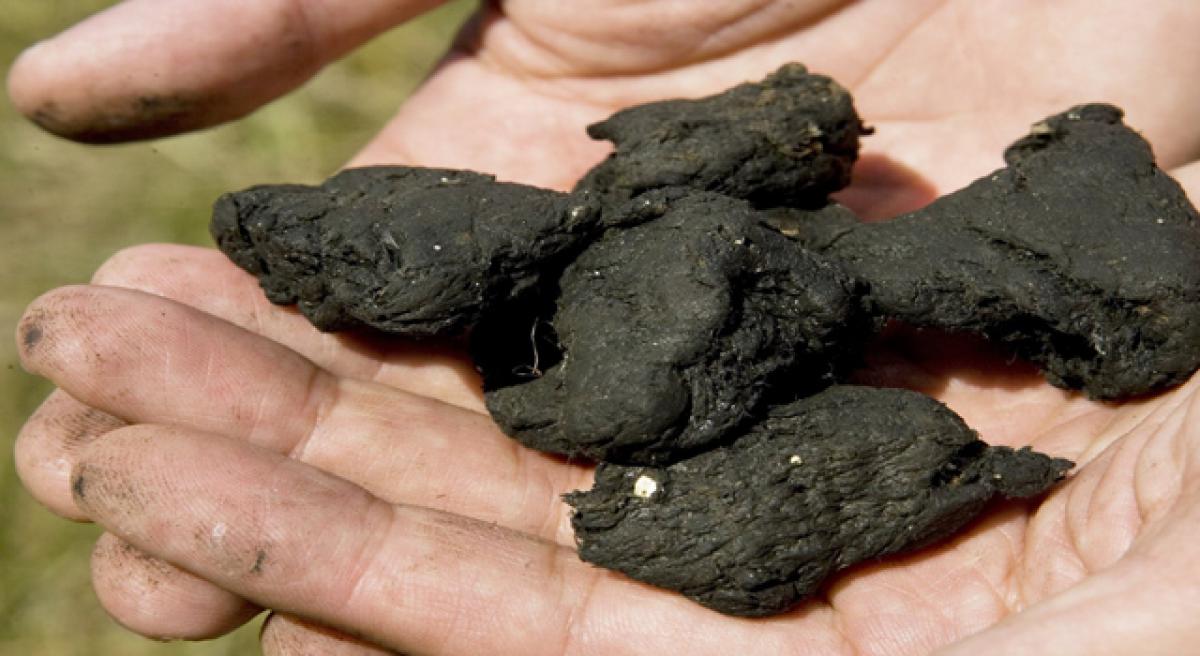Live
- NIST hosts alumni meet
- Upcoming Telugu OTT Releases: A Treat for Telugu Cinema Lovers in December
- Vedamrit Honey’ launched
- Arjun Das Brings Mufasa to Life in Tamil
- Odisha move to prepare maritime perspective plan
- Jal Jeevan Mission empowering women in rural areas: PM Modi
- Pradhan urges Nadda to set up pharmacy unit in Odisha
- Assembly winter session ends ahead of schedule
- Nepali Army Chief General Ashok Raj Sigdel Strengthens Ties With India In Four-Day Visit
- BRS MLAs, MLCs Skip Second Day of Orientation Classes
Just In

Researchers have found that thermally conditioned sewage sludge improves soil properties and could be used as a sustainable alternative to commercial fertilisers.
Antananarivo: Researchers have found that thermally conditioned sewage sludge improves soil properties and could be used as a sustainable alternative to commercial fertilisers.
Use of sewage sludge enables sustainable re-use of essential and finite phosphorus resources, the researchers said.
Without phosphorus, there can be no food production and as the source of phosphorus is non-renewable phosphate rocks, there is a strong need for increased recycling to ensure phosphorus security.
"Sewage sludge is a non-limited continuously available and sustainable fertiliser source," said one of the researchers Andry Andriamananjara fromTHE UNIVERSITY of Antananarivo in Madagascar.
To assess its effectiveness, the researchers used a phosphorus radiotracer technique to measure the availability of phosphorus for plants in thermally conditioned sewage sludge.
They grew ryegrass in pots filled with soil added with either no fertiliser, thermally conditioned sewage sludge as fertiliser, or commercial triple superphosphate fertiliser.
The addition of fertiliser increased phosphorus uptake by the plants, showed the study published in the journal Frontiers in Nutrition.
This was not only because the fertiliser offered an additional phosphorus source, but also because the plants increased their soil exploitation.
However, total phosphorus uptake from thermally conditioned sewage sludge was lower than that from the commercial fertiliser.
This could be explained by the fact that the phosphorus in the water-soluble commercial fertiliser is immediately available for plant uptake after application, whereas the phosphorus in thermally conditioned sewage sludge is present in a lower available form.
Moreover, the other nutrients present in the sludge stimulated the microbial activity, thereby inducing competition between microorganisms and the plant roots for phosphorus uptake.
However, the researchers still recommend the usage of sewage sludge as fertiliser. "It was shown to have a higher agronomic effectiveness in comparison with commercial fertiliser," Andriamananjara said.
"Although on the short term it enhanced the microbial biomass and therefore phosphorus immobilisation, on the longer term the phosphorus captured by this microbial biomass can again become available for the plants," he noted.

© 2024 Hyderabad Media House Limited/The Hans India. All rights reserved. Powered by hocalwire.com







